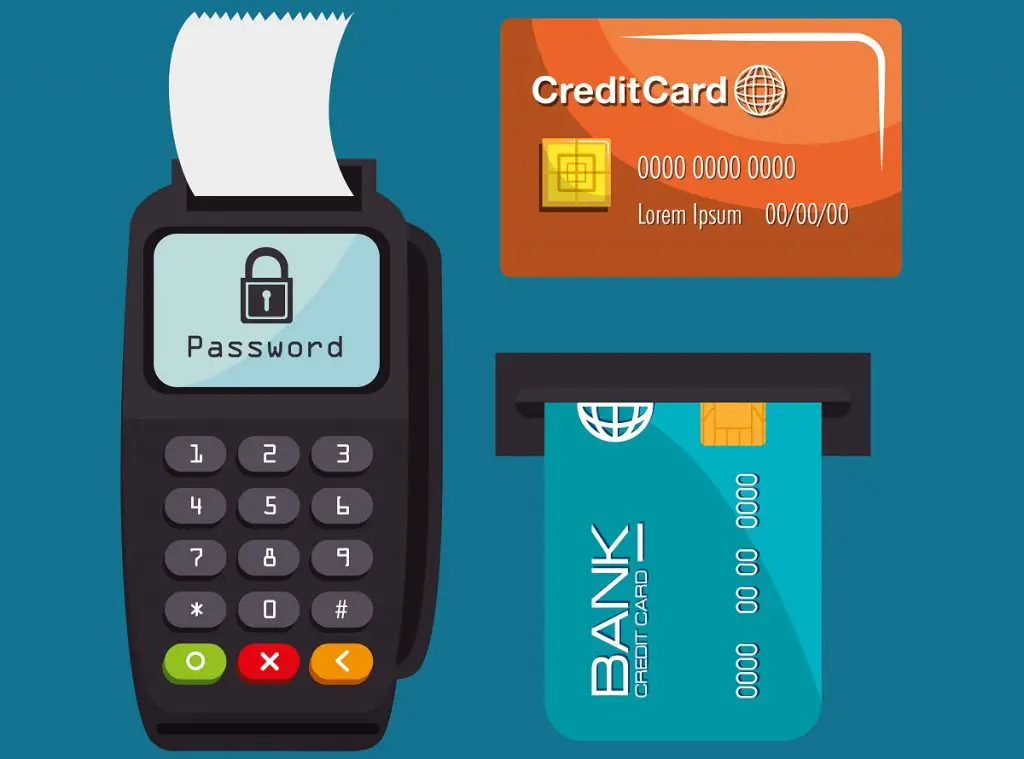Kenya has more than 7.5 million smallholder farmers accounting for about 75 per cent of the country’s total agricultural output.
Challenges that stalk them most of the time include lack of capital to buy quality seeds and other farm inputs as well as lack of information on best farming practices and post-harvest storage.
To address this, the International Fund for Agricultural Development (IFAD) partnered with the European Union to pilot an e-voucher scheme to support smallholder farmers and help them access capital.
Tanzania injects $72.4 million into agricultural sector
Starting with 25,000 farmers in western Kenya, IFAD-EU and the government of Kenya are now scaling up the initiative targeting farmers elsewhere in the country.
With such an initiative, smallholder farmers who suffer the brunt of inadequate resources can be prepared in readiness for planting no matter the season. In times of uncertainty like during the Covid-19 pandemic, farmers can continue being productive despite the limitations of travel since they can still gainfully engage in their farms.
The e-voucher initiative is helping increase productivity and purchasing power in Kenya and if adopted continent-wide, the scheme could empower more farmers enabling them to comfortably feed the growing population on the continent currently estimated at 1.2billion.
Rural poverty and food insecurity are pervasive among smallholders in Kenya’s arid and semi-arid lands and the e-voucher scheme is working with the Kenya Cereal Enhancement Programme Climate Resilient Agricultural Livelihoods (KCEP-CRAL) to grow the communities in these areas by developing their economic potential.
At the same time, the programme seeks to improve their natural resource management capacity helping them build resilience to climate change in an increasingly fragile ecosystem.
According to IFAD, there are about 4,800 KCEP-CRAL farmers across eight counties in the current planting season. These farmers have managed to procure assorted inputs and conservation agriculture services through the e-voucher initiative.
These farmers produce staple crops which contribute to national food stocks ensuring continued food security.
IFAD notes that there are currently about 2,500 metric tonnes of maize stocked in programme-supported facilities and which will be bought by the Kenyan government as the nation moves to bolster its food reserves.
A safety net for farmers in the programme before they are able to move their harvest to the government or to the market is the availability of their own grain stores.
KCEP-CRAL has provided tarpaulins and hermetic bags for storage so that current stocks can last until the next harvest helping with the maintenance of food security since many markets around the country have been disrupted.
Conservation agriculture services are also offered to farmers which add value to many other actors including service providers who train farmers to increase productivity.
The KCEP-CRAL programme has interventions at every level of the value chain which benefits researchers, farmers, input suppliers, agro-dealers, agriculture service providers, financial institutions and market players.
“In total, nearly 83,000 smallholder farmers have benefited from the e-voucher initiative. It has been a success such that the government of Kenya is currently scaling up the e-voucher initiative through a phased approach to cover other commodities throughout the country,” adds IFAD.
Agritech – the future of Africa
The UN-FAO launched a similar tool in Mozambique at the beginning of the 2015/2016 agricultural season targeting small emerging farmers and subsistence farmers. Special attention was given to rural women and women heading families.
Manica Province was the testing ground for financial inclusion tool after which it was extended to the Provinces of Sofala, Zambezia and Nampula in the agricultural campaign of 2016/2017.
The electronic voucher replaces the paper voucher scheme which was running since 2013.
As of 2018, Mozambique had approximately four million farm units contributing around 95 per cent of the national agricultural production. The country’s smallholder farmers ensure that there is food for the nation while also employing about 81 per cent of the labour force at the national level.
In Mali, Chad, Niger and Guinea, the e-vouchers have been piloted and there is hope that they will transform the agricultural sector in these countries.
The World Bank says that Guinea, Mali, and Niger are low-income countries. The agricultural sector is a significant contributor to the three West African economies in terms of share of GDP at 16, 38, and 40 per cent respectively as of 2017.
However, the agriculture sector in all three countries is characterized by low yields due to low input use.
Going by the success in Kenya where farmers have reported increased yields, the e-voucher system may just be the way to go to ensure that Africa succeeds in feeding herself.
